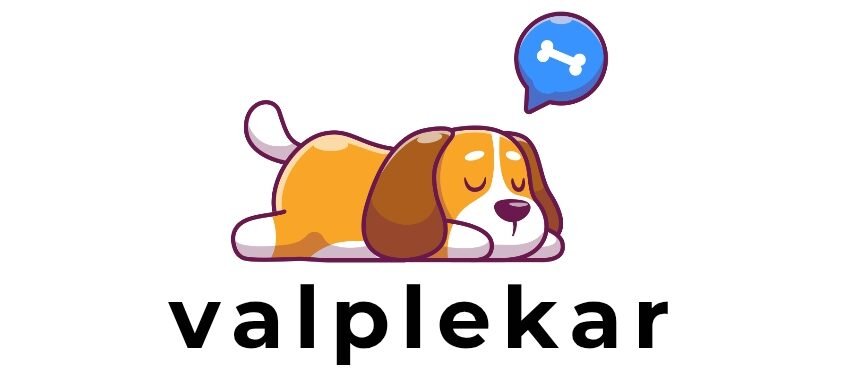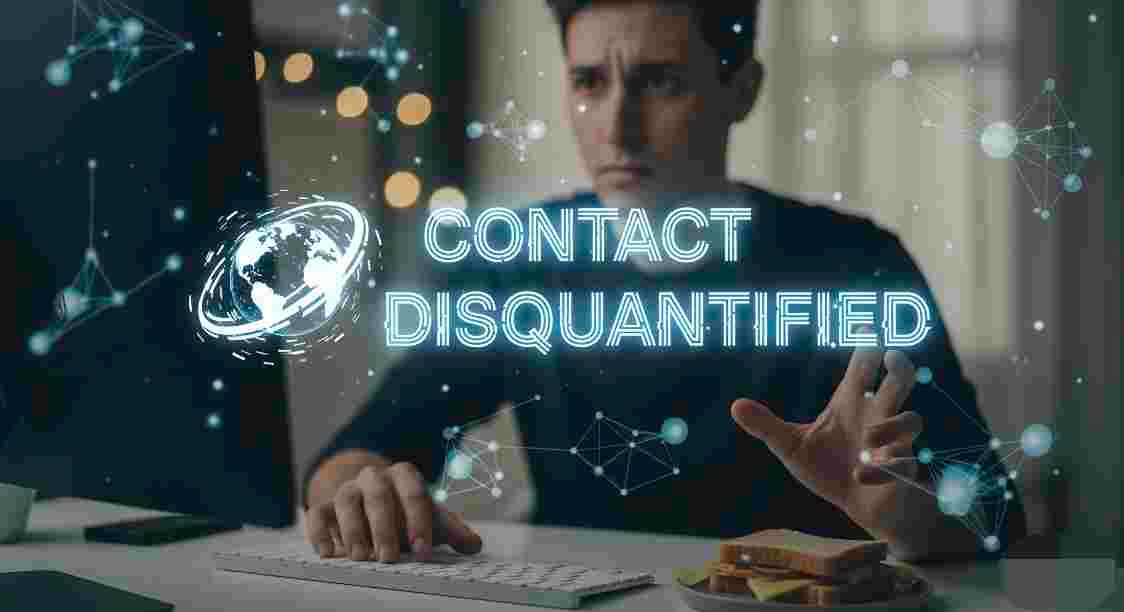In today’s digital world, where communication tools evolve faster than we can keep up, a strange yet intriguing term is starting to surface—contact disquantified. While it may sound like tech jargon or some futuristic concept, it actually touches on a very human problem: the breakdown of meaningful connection in our modern, hyper-connected lives.
This article dives deep into what contact disquantified means, why it matters, and how it might be silently shaping the way we live, work, and relate to each other.
The Meaning Behind “Contact Disquantified”
To fully grasp the idea of contact disquantified, let’s break it down.
- Contact implies a connection—whether digital, emotional, or physical.
- Disquantified is not a word you’ll find in most dictionaries, but it blends disqualified and dequantified, suggesting a loss of measurable value or significance.
So, when put together, contact disquantified refers to interactions or communications that have lost their meaning, value, or authenticity. Think of a corporate email thread filled with jargon but no real collaboration. Or 100 “likes” on social media but zero emotional connection.
It’s the illusion of contact without the substance—something many of us are experiencing more than we realize.
How “Contact Disquantified” Affects Our Daily Lives
From remote work to social media, digital transformation has allowed us to connect more—but also feel more disconnected than ever. Contact disquantified is what happens when our communication becomes automated, impersonal, or purely transactional.
1. In the Workplace
How many of us attend Zoom meetings with cameras off and mics muted, only to come away feeling unheard or unseen? Email chains that go in circles, Slack messages that disappear into the digital ether—these are clear symptoms of contact disquantified.
Remote work has increased efficiency, but it’s also dehumanized workplace relationships, leading to miscommunication, burnout, and lack of trust.
2. In Relationships
Friendships and family ties are not immune. A quick emoji reaction has replaced deep conversations. Birthdays are now Facebook notifications rather than heartfelt calls. The more we rely on digital shortcuts, the more our emotional connections become disquantified.
In essence, we’re talking without truly connecting.
Why “Contact Disquantified” Is a Growing Concern
The dangers of contact disquantified go beyond inconvenience. In a world obsessed with metrics—likes, views, followers—we’re beginning to quantify our worth by hollow interactions. This trend has deep mental health implications, especially among younger generations.
Studies show that despite being constantly online, many people report feeling lonelier than ever. Why? Because digital contact without emotional engagement feels empty. It’s like drinking saltwater to quench your thirst—it looks like the real thing, but only makes things worse.
The more we normalize contact disquantified, the more we risk losing the depth and richness of real human connection.
How to Reclaim Authentic Connection
The good news? We’re not powerless. Recognizing when contact disquantified is happening is the first step toward reversing it. Here’s how you can start:
1. Be Intentional
Before you send that message, ask yourself: “Is this meaningful? Am I being present?” A short but sincere message often has more impact than a long, templated one.
2. Choose Quality Over Quantity
Don’t worry about responding to every notification. Instead, focus on real conversations—the kind that build trust, empathy, and understanding.
3. Make Time for Voice or Video
Texting is convenient, but a voice call can do wonders for connection. Even a 5-minute video chat can transform disquantified contact into real engagement.
4. Unplug to Reconnect
Sometimes, the best way to restore genuine contact is to step away from digital spaces altogether. Whether it’s a walk, a shared meal, or a handwritten note—these analog moments can counterbalance the digital overload.
The Future of Connection in a Disquantified World
As AI and automation continue to shape our world, the risk of contact disquantified will only grow. But technology doesn’t have to be the villain. When used thoughtfully, it can also enhance real connection.
The future of communication depends on balance—using digital tools without letting them define the quality of our relationships.
Brands, businesses, and individuals alike must prioritize authenticity over automation, and purpose over performance. Because no matter how advanced our tech gets, the human need to feel seen, heard, and valued remains timeless.
Final Thoughts: Don’t Let Your Connections Be “Contact Disquantified”
In a world bursting with messages, alerts, and notifications, genuine human contact is becoming a rare commodity. But it doesn’t have to be.
By staying mindful of how and why we communicate, we can reclaim the depth of connection that makes life rich and relationships meaningful. Let’s not let our messages become noise. Let’s bring back the soul of communication.
Remember: Contact disquantified is not just a concept—it’s a warning. One that we all have the power to respond to with intention, empathy, and authenticity.



